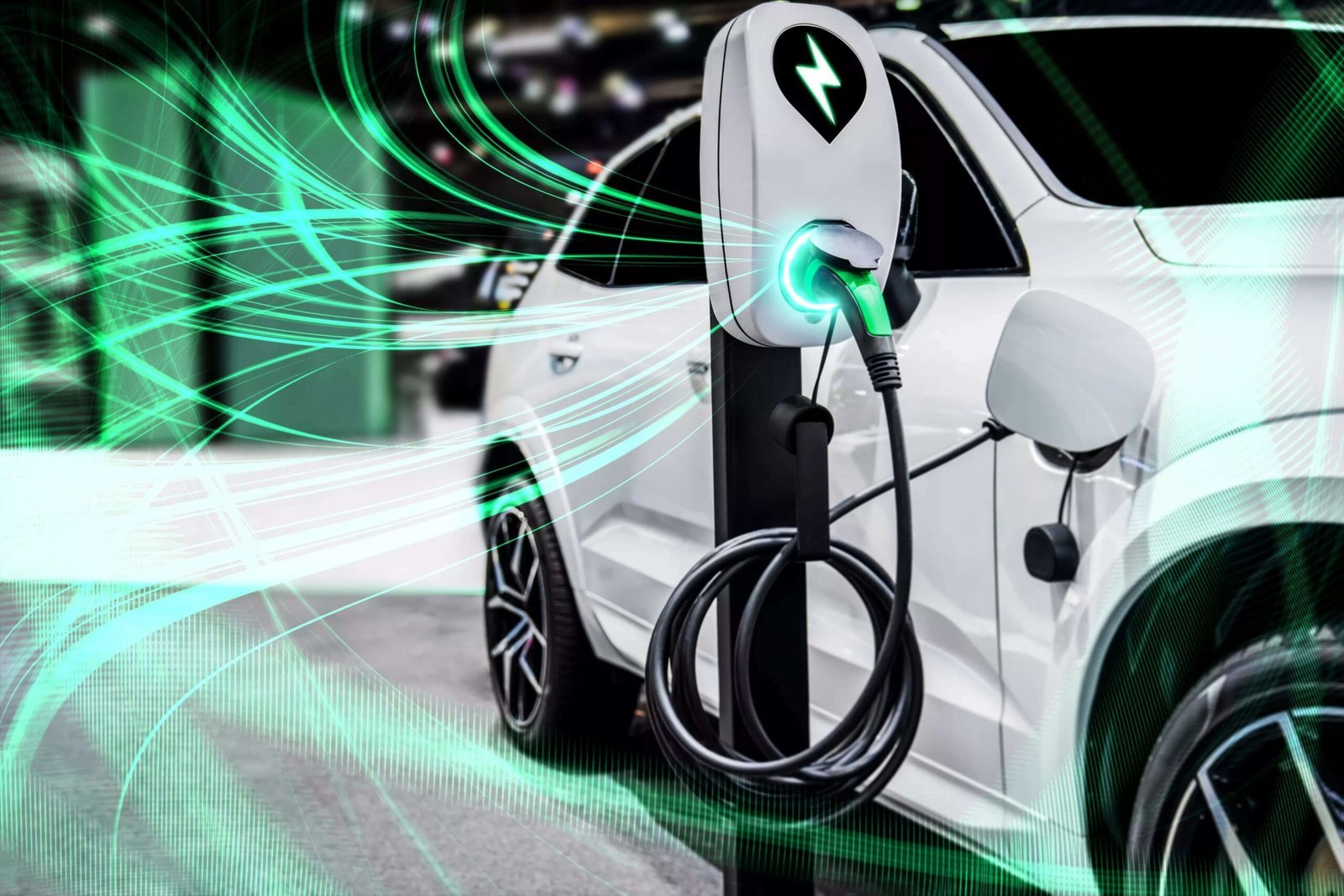In the midst of global concerns about climate change and depleting fossil fuel reserves, the automotive industry is undergoing a transformative shift towards sustainable solutions. Electric vehicle (EV) technology has emerged as a game-changer, offering an environmentally friendly and energy-efficient alternative to traditional internal combustion engine (ICE) vehicles. With rapid advancements in battery technology, charging infrastructure, and overall vehicle design, EVs are poised to reshape the future of transportation.
The Core Components of Electric Vehicles
Electric vehicles are propelled by electric motors powered by electricity stored in onboard batteries. Key components of EV technology include:
- Battery Technology: Lithium-ion batteries are the heart of electric vehicles, providing the necessary energy to power the electric motor. Ongoing research is focused on increasing energy density, reducing charging times, and extending battery lifespan.
- Electric Motors: EVs use electric motors to convert electrical energy from the battery into mechanical energy that drives the wheels. These motors offer instant torque delivery, resulting in smooth and rapid acceleration.
- Power Electronics: Power electronics manage the flow of electrical energy between the battery and the electric motor, optimizing efficiency and performance. These components play a crucial role in controlling the vehicle’s speed and power output.
Advantages of Electric Vehicle Technology
- Environmental Benefits: EVs produce zero tailpipe emissions, reducing air pollution and greenhouse gas emissions that contribute to climate change. As the electricity grid becomes greener with renewable energy sources, the overall carbon footprint of EVs decreases even further.
- Energy Efficiency: EVs are inherently more energy-efficient than ICE vehicles due to their simplified drivetrain and regenerative braking systems. They can convert a higher percentage of energy from the grid to power at the wheels.
- Reduced Operating Costs: EVs have fewer moving parts than traditional vehicles, resulting in lower maintenance costs. Additionally, electricity is generally cheaper than gasoline, leading to significant savings on fuel expenses.
- Silent Operation: Electric motors operate quietly, enhancing the driving experience and reducing noise pollution in urban areas.
Challenges and Solutions
While electric vehicle technology offers immense promise, there are challenges that need to be addressed:
- Range Anxiety: The limited range of early EV models raised concerns about range anxiety, the fear of running out of battery power before reaching a charging station. However, advancements in battery technology have led to improved ranges, and the growing charging infrastructure has mitigated this issue.
- Charging Infrastructure: Developing a widespread and convenient charging network remains a priority. Fast-charging stations are being deployed along highways and in urban centers to reduce charging time and encourage adoption.
- Battery Life and Recycling: Ensuring the longevity of batteries while managing their environmental impact at the end of life is crucial. Research into battery recycling and second-life applications is ongoing.
The Road Ahead
The future of electric vehicle technology is bright and promising:
- Autonomy and Connectivity: EVs are at the forefront of autonomous driving technology. Electric platforms offer the computational power necessary for advanced driver-assistance systems and self-driving capabilities.
- Innovative Designs: The absence of a bulky internal combustion engine allows designers to create novel vehicle architectures that maximize space and aerodynamics.
- Market Expansion: As battery costs decrease and consumer awareness grows, EVs are becoming more accessible to a wider range of consumers. Government incentives and regulations further accelerate this transition.
- Collaborative Research: Governments, industries, and research institutions are collaborating to accelerate EV development, aiming to create even more efficient batteries, charging methods, and sustainable materials.
Conclusion
Electric vehicle technology is leading the automotive industry into a cleaner, more sustainable future. With ongoing advancements in battery technology, charging infrastructure, and vehicle design, EVs are overcoming initial challenges and gaining mainstream acceptance. As the world works toward a greener transportation ecosystem, electric vehicles are poised to play a central role in revolutionizing the way we move and interact with our environment.
